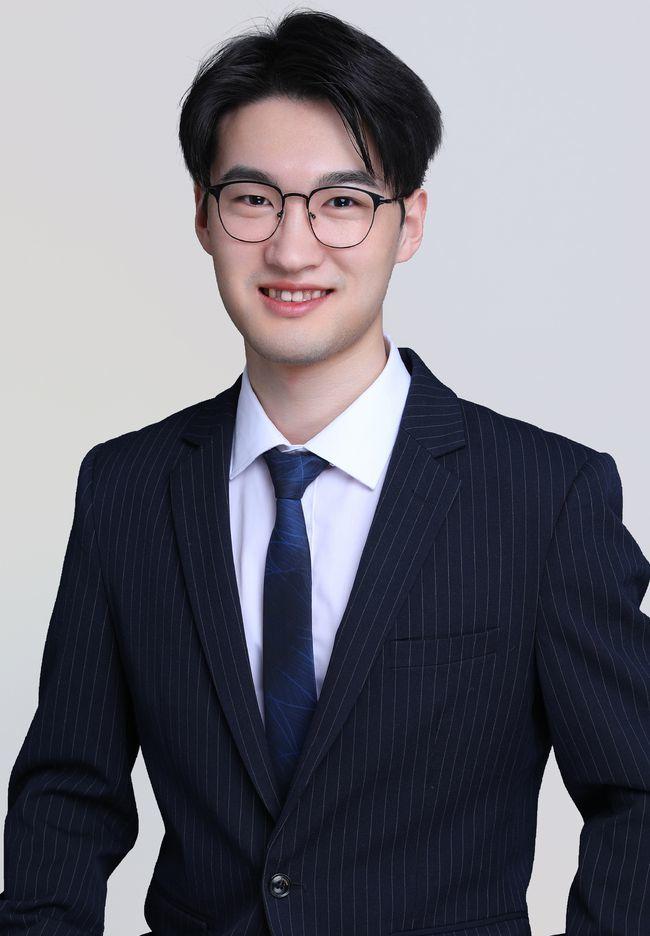In 2019, the CPC Central Committee and the State Council issued the Outline for the Construction of a Transportation Powerhouse, which set a medium- and long-term goal of basically building a transportation power by 2035, and promoted the formation of an autonomous and controllable industrial chain of intelligent networked vehicles, including intelligent vehicles, automatic driving, and vehicle-road coordination.
But in fact, the epoch-making turning point has already arrived in 2020. With the intelligent driving products of the L2 level (that is, the vehicle is partially automated and the vehicle is jointly controlled) begin to land on the scale of mass production vehicles, China has gradually become a highland for the research and development and landing of new energy and intelligent vehicle technologies in the world. Not long ago, Baidu's self-driving platform Apollo took the lead in landing, "running up and then iterating", and Beijing became the country's first pilot for the commercialization of autonomous driving travel services.
At present, the public generally regards 2025 as the next important turning point, whether it is a large-scale commercial application, or the realization of true driverless, the industry has a variety of opinions. Ding Mingyu, a 2021 Baidu Scholarship top ten winner and a doctoral student at the University of Hong Kong, said that within five years, highly automated driving (L4 level) will be applied in a wide range of scenarios in China, such as high-speed freight, logistics and distribution, urban rental, etc., and truly enter people's lives.

Ding Mingyu's research focuses on computer vision including autonomous driving, automatic network structure design and cognitive reasoning. At present, it is focusing on multi-task model research, saving computing resources for the collaboration of multiple models of unmanned driving, optimizing the framework structure, and realizing efficient migration between models and models. At the same time, Ding Mingyu's research team is also exploring the emerging field of dynamic visual reasoning, and in the future, this technology may further improve the recognition accuracy of unmanned driving systems, give AI higher "prediction" capabilities for automatic driving, further reduce the incidence of accidents, alleviate traffic congestion, etc.
During his undergraduate studies at Chinese Min University, Ding Mingyu received a double degree in computer science and mathematics. His internship in artificial intelligence laboratories at home and abroad, as well as his doctoral studies at the University of Hong Kong, have made him more determined in his current research direction. Ding Mingyu said frankly that at present, the core technologies in China and the world are on a par with each other, and the entire field of artificial intelligence is open and open, with many opportunities and many challenges, all of which are deeply cultivated on their respective tracks. However, considering China's world-leading infrastructure level, government efficiency, and people's support, China will certainly be the first country to achieve fully autonomous driving (L4).
Imagining the blueprint for the future development of China's automatic driving, Ding Mingyu feels that automatic driving technology will not be limited to "cars", but will also be organically combined with robots, thus carrying more humanistic care and physical functions. "Cars can be like intimate assistants to help people arrange their daily schedules, detect physical conditions, and intelligently remind and accompany them." It will also be used in more professional environments, such as unmanned sanitation vehicles with automatic cleaning functions, and automatic loading and unloading vehicles with robotic arms. ”
Holding 12 patents in the direction of autonomous driving and network structure design, and publishing 19 papers in top conferences and journals of computer vision and artificial intelligence, Ding Mingyu has been nominated by Microsoft scholars, national scholarships and other honors. Recognized and supported by the Baidu Scholarship, he also said that he will continue to have a love for the direction of autonomous driving, focus on scientific research, help the development of autonomous driving in China, and serve the country in the future.
On December 27, Baidu founder, chairman and CEO Robin Li will officially present awards to 10 top Chinese AI scholars including Ding Mingyu at the Baidu AI Developer Conference. "Committed to the research of autonomous driving technology, from a single perceptual task to a multi-task universal model, to open up new ideas for the combination of perception and cognitive reasoning", is the Analects given to Ding Mingyu by the Baidu Scholarship judges.
With the goal of cultivating outstanding Chinese intelligent talents, "helping you realize your technology dreams". As one of the academic scholarships with the highest amount and gold content in the field of AI, the Baidu Scholarship aims to launch a scholarship incentive program for Chinese students majoring in artificial intelligence in the world's top universities, help scholarship recipients continue to study and further study in related fields, and cultivate and save future technology leaders for Chinese and workers for the country.
In the next five years, Baidu will also focus on eight key technologies including autonomous driving, machine translation, biocomputing, deep learning framework, digital city operation, knowledge management, AI chips and personal intelligent assistants, and strive to cultivate 5 million innovative, cross-border and open AI talents for the society.